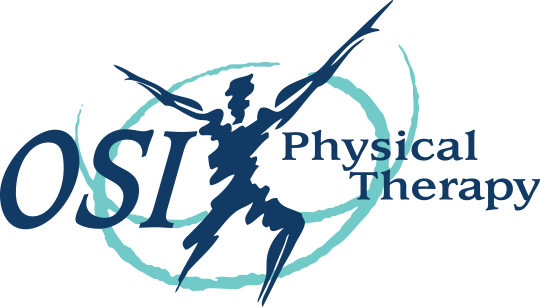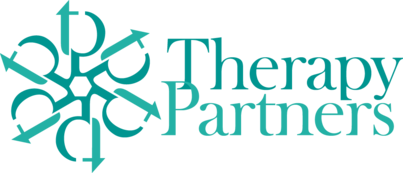See our specialties
OSI Physical Therapy provides treatment options for various common conditions and pain. No doctor referral required and most insurance accepted.
Meet the therapists
We are proud to offer you an experience with one of our many physical and occupational therapists whose patient outcomes rank among the best.
Contact us now
OSI treats a wide variety of problems and we offer a free phone consultation with one of our physical therapists. Click here to schedule your call now!



